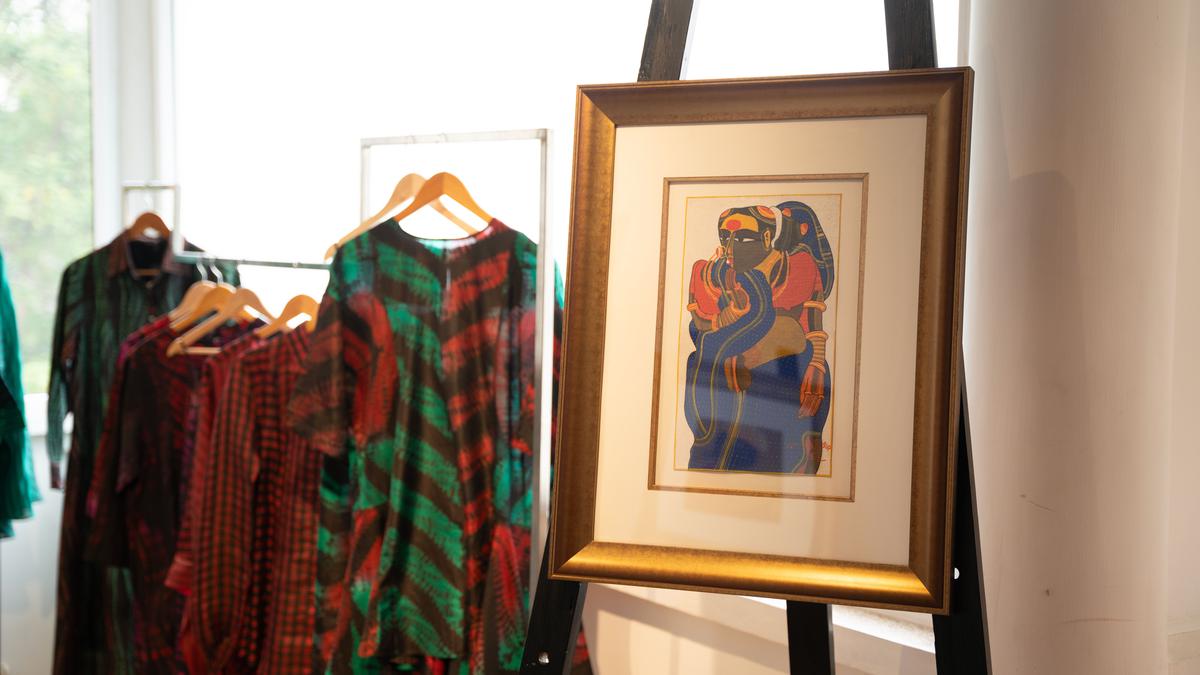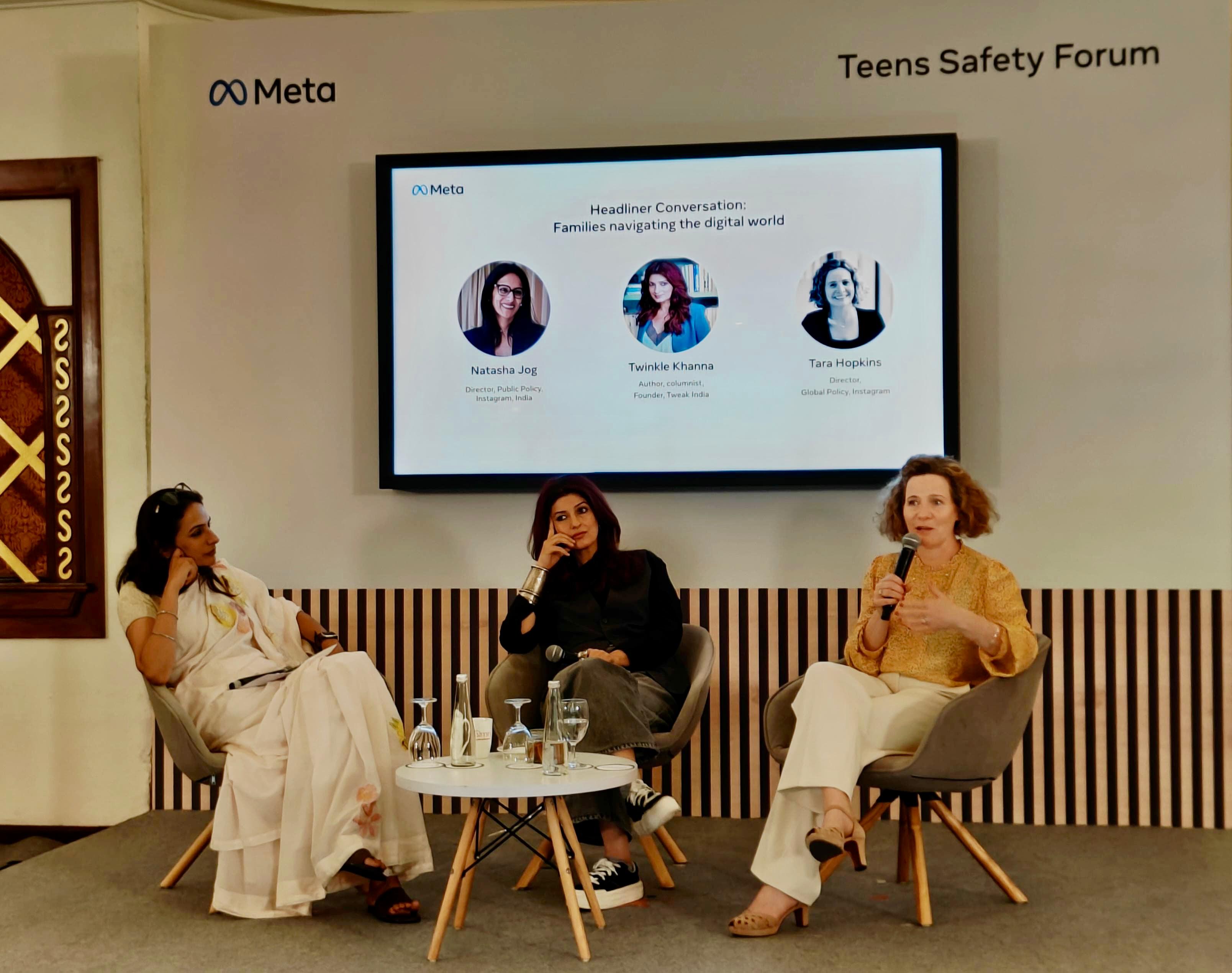The chef is consulting with Diageo India’s new single malt whisky, while planning his next chapter now that he’s hung up his apron at the Olive Group
The chef is consulting with Diageo India’s new single malt whisky, while planning his next chapter now that he’s hung up his apron at the Olive Group
As a child, growing up with his grandparents in Delhi’s lush Asian Games Village Complex, Chef Manu Chandra recalls a game he used to play with their pahadi cook.
Every day, when he came home from school, he would try to guess what had been prepared for lunch – hours earlier – by smelling the aromas in the air. Much to the cook’s, and often his own surprise, he would always get it right. “This uncanny ability has been a handy asset in my career,” says Manu, the name behind popular brands such as Toast & Tonic (Bengaluru) and Monkey Bar (Delhi, Mumbai, Bengaluru), who, last year, stepped away from the Olive Group of Restaurants as its co-partner, after 17 years.
His nose continues to guide him as he explores other passions outside the kitchen, one of which has seen him join the team of Godawan, Diageo India’s new artisanal single malt whisky, made in Rajasthan. As a consultant, on board “to steer this new craft movement in a more meaningful way”, Manu’s excitement comes through in how he describes the notes of this desert distilled spirit — a warm sunshine feel on the nose, dried candied Seville oranges, the butteriness of a freshly-baked baklava.
He calls it an improbable product because “using six-row barley from the hot, arid climate of Rajasthan and the arduous malting and maturation process in temperatures excess of mid-30s°Celsius, it couldn’t possibly produce a precocious set of notes that could rival the tried and tested, cool and damp weather grain distils from the Scottish highlands. But somehow, it does.”
Godawan whisky
A desert terroir
Godawan, named after the Great Indian Bustard, has evolved within the challenges of its ecosystem. It is sustainable because not only is six-row barley less water intensive, but also the slow trickle distillation process. The distillery in Alwar, in fact, is accredited by the Alliance for Water Stewardship.
Chefs strike out
As an entrepreneur, Manu Chandra says he is happy about the trend of chefs striking out on their own, much like himself. “It’s also craft in some sense. With the limelight on chefs now, they are seen as credible individuals who have the ability to create great brands, and incubate existing products that may need, in some ways, that culinary intervention.” On the personal front, he is exploring several ideas, including a mentorship programme. “I am also excited by the food media space, especially with the rise of social media. To be able to capture its essence and steer it in a more responsible way is something I want to try. I have a vague idea, but I’m not in a hurry to do it,” he says.
“The high, dry heat helps the maturation process, nudging it a little faster [the angel’s share is higher than the average, which gives a creamy finish to the whisky],” says Chandra. “The terroir is beneficial; the mouthfeel, the richness, the complexity can all be attributed to these desert conditions.” One of the interventions they have made, however, is with the seasoning of the casks — they are coated with ratna and jatamansi, two botanicals that are widely used in Ayurveda, “which lends a very unique flavour profile” to the product.
“We’ve been used to one region, one terroir [when it comes to Scotch], so it’s become a truism for everyone that good malt can only come out of Scotland. But that’s not true. One of the first countries to prove this is Japan, when they started producing their craft spirits like Hibiki. Japanese malts are some of the most sought after today.”
The right pairing
Manu Chandra will be helping with an F&B strategy for Godawan. “It is important because that becomes the first touchpoint for a lot of consumers to experience the product. It’s also something that I have done for many years and I understand the space really well. Toast and Tonic is a classic example, where we made gin the champion, and the spirit suddenly became a fairly prevalent trend across the country – served a certain way, flavoured a certain way.”
Craft conscious
The timing is great, as the craft spirit movement is picking up steam in the country. “Given that it is still nascent, we are already seeing high quality spirits come out, which is extremely promising. The Greater Than, Hapusa, and Stranger and Sons stories are well known, but we are also seeing a variety of bold new endeavours — DesmondJi has a new mahua spirit on shelves, Radico Khaitan has launched an excellent gin called Jaisalmer, which I will peg against some of the better international ones I have tasted,” he says.
Goa has been in the forefront because it is easier from an excise point of view to distil out of there. But it is no longer limited to that region. “You just know that in the next couple of years, we are going to push out even more, and better, spirits. The market is going to shift towards embracing craft in a big way, and that will create a new layer in the spirits market,” he concludes.
Part of the sales proceeds will go towards the protection of the bird, which is on the brink of extinction


.jpg)





